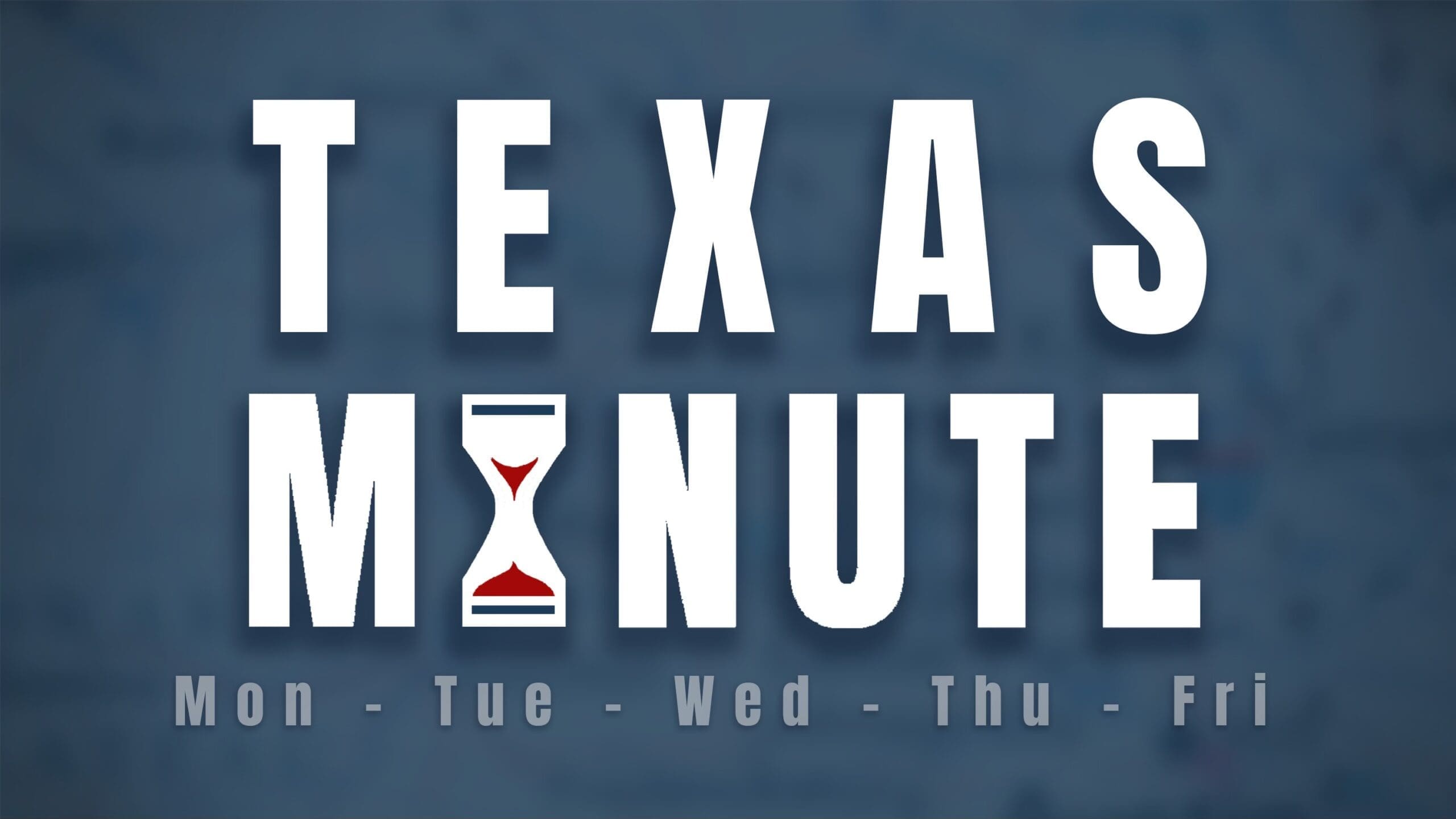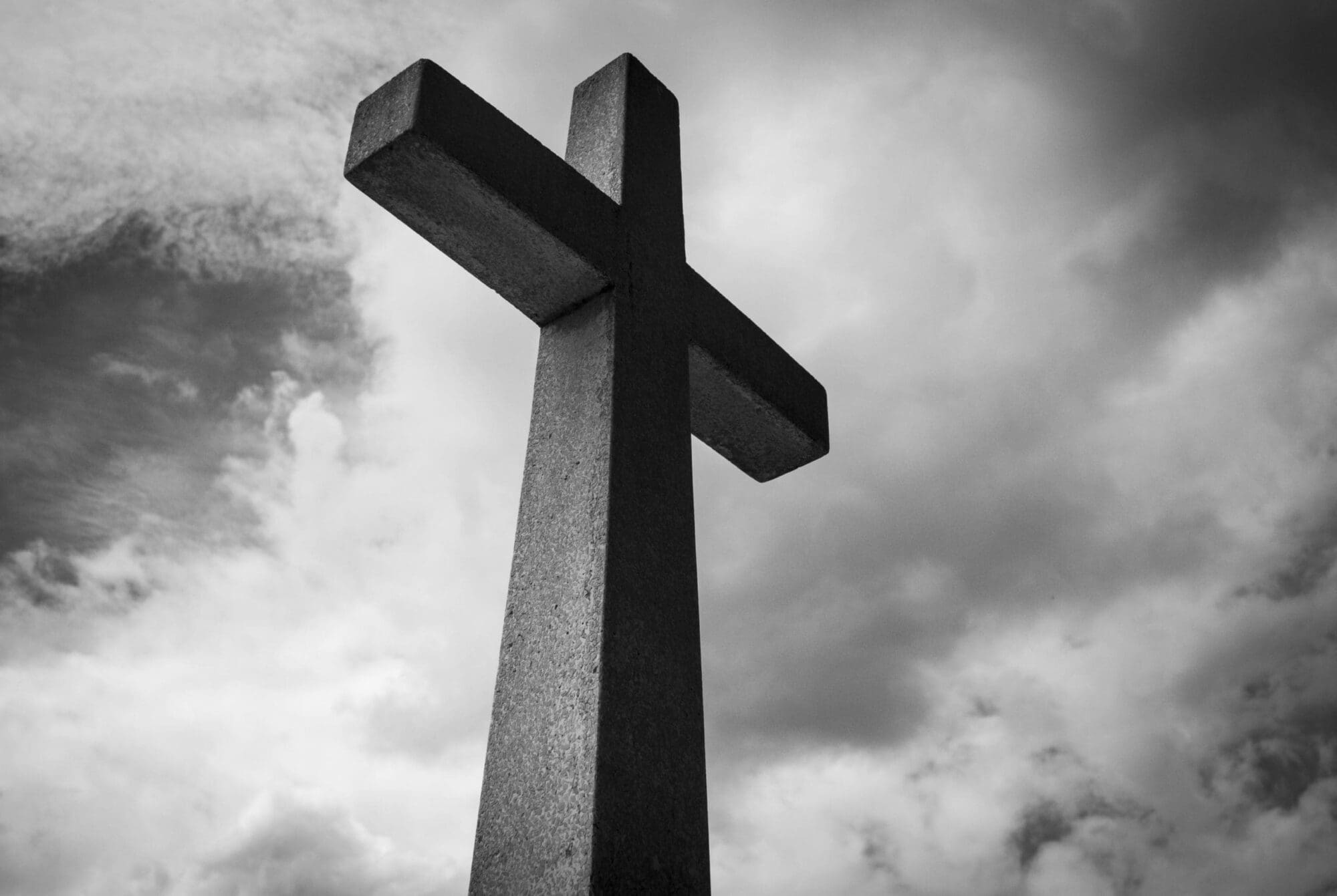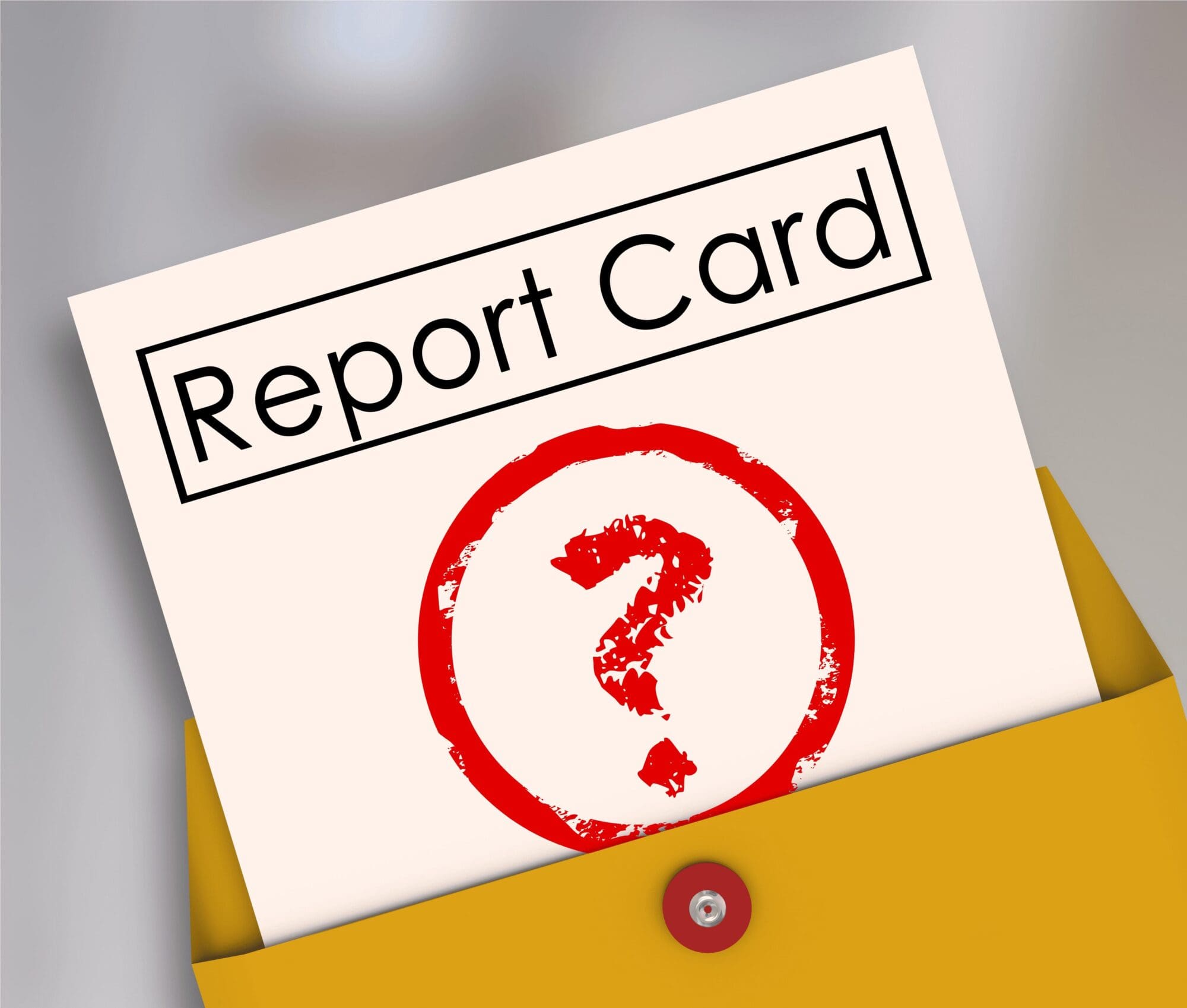Occupational licensing is a growing concern in Texas. Over the past 50 years, the number of professional fields requiring licensure in the state has grown from 5 percent to 30 percent. A “license to work” not only acts as barrier to employment for those seeking to enter the workforce by assessing fees and state-administered exams, but fewer choices, limited competition, and the high costs of becoming licensed all mean increased costs for the consumer.
Worse than the excessive growth of occupational licensing as a whole is that in a handful of states, Texas included, failing to timely make student loan payments can bar you from accessing your school records and worse, it can force you to lose your license to work.
If Texas is going to live up to its reputation as a business friendly state, the legislature must tackle this and remove barriers that prevent Texans from earning a living. It is illogical to think that the punishment for people who default on their student loans should be to revoke their best means of paying those loans.
The original state law creating the enforcement arm, the Texas Guaranteed Student Loan Corporation, was passed in 1989. The purpose was to create an entity to administer federal education loans in Texas. TGSLC was created as a public nonprofit to act as the guarantor on these loans. TGSLC has since been privatized and in November 2017 had its name changed to Trellis and, in the last ten years, has spent an estimated $776,000 in federal lobbying efforts alone .
After 270 days of nonpayment, lenders can file a default claim with Trellis who will pay the lender, assume the debt, and then attempt to collect on it. The state of Texas then becomes a private debt collection enforcement arm on behalf of Trellis by revoking or prohibiting renewal of the debtor’s professional license.
Texas is in the minority of states empowered to prohibit you from obtaining or renewing a professional license if you come into default. Performing work without a license, of course, can lead to serious civil and even criminal penalties.
Understandably, there should be repercussions for failing to pay student loan debt, as many are guaranteed by the state or federal government, but barring one’s ability to pay their debt is not in the best interest of Texas taxpayers nor of the free-market. Those who default don’t do so because they choose to, they do so because they have found themselves out of options.
There’s a reason that 31 other states have banned these overly punitive actions. I hope Texas will become the 32nd.




